Doing an ant PostDoc: Misato Okamoto Miyakawa
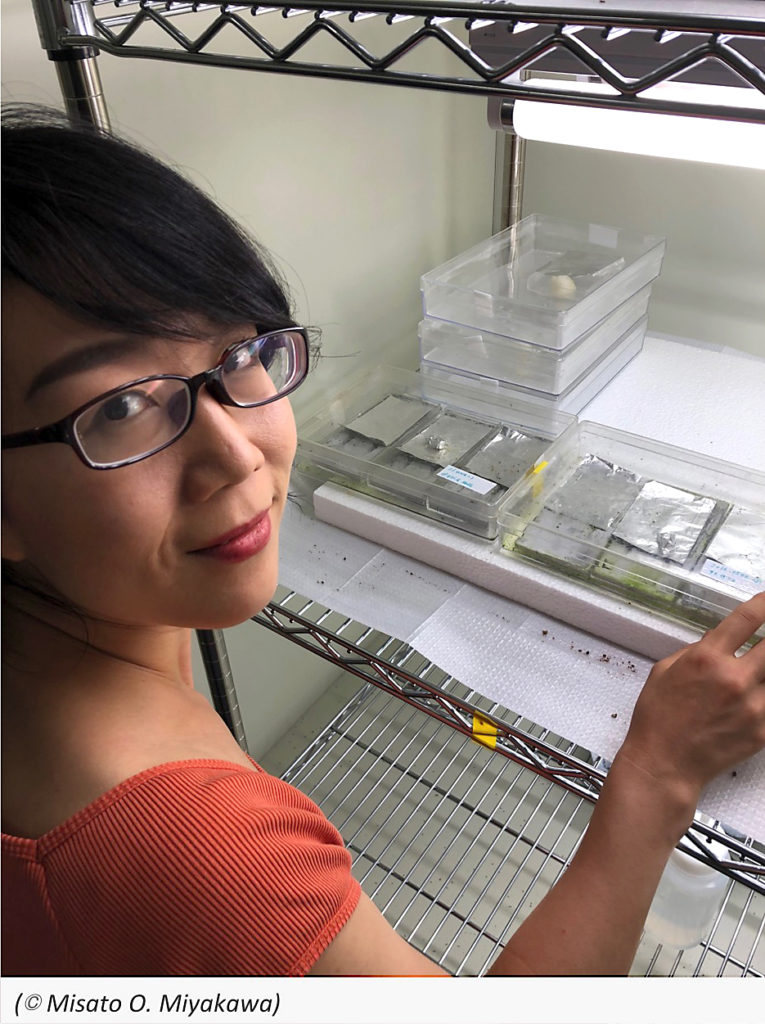
Misato Okamato Miyakawa is a 33-year old evolutionary biologist from Japan. She studied physics when she was an undergraduate student at Ritsumeikan University. After that, she started to study behavioral ecology at Kanazawa University. In her PhD, she worked on the genetics of sex and caste determination systems in ants at the Okinawa Institute of Science and Technology, National Institute for Basic Biology. She studied how genetic relatedness affects reproductive strategy in colony members in Vollenhovia emeryi. Following her PhD, she now works on molecular mechanisms of sex determination in invasive ants at Utsunomiya University. In this interview, we talk about her PostDoc and her research.
An Interview compiled by Patrick Krapf 
MNB: What is the topic of your PostDoc project?
MOM: I focus on the molecular study of sex determination systems in ants.
MNB: In which year of your PostDoc are you now?
MOM: In my late PostDoc – I already worked six years as PostDoc.
MNB: Why ants?
MOM: I am interested in the biology of social organisms. Their life system is sophisticated and attractive for me.
MNB: How do you feel about field work?
MOM: I like it. Field work in the rain forest was awesome!
MNB: … about identifying ants using a key?
MOM: I am not good at it.
MNB: … working in the wet lab?
MOM: I like lab work with trial and error.
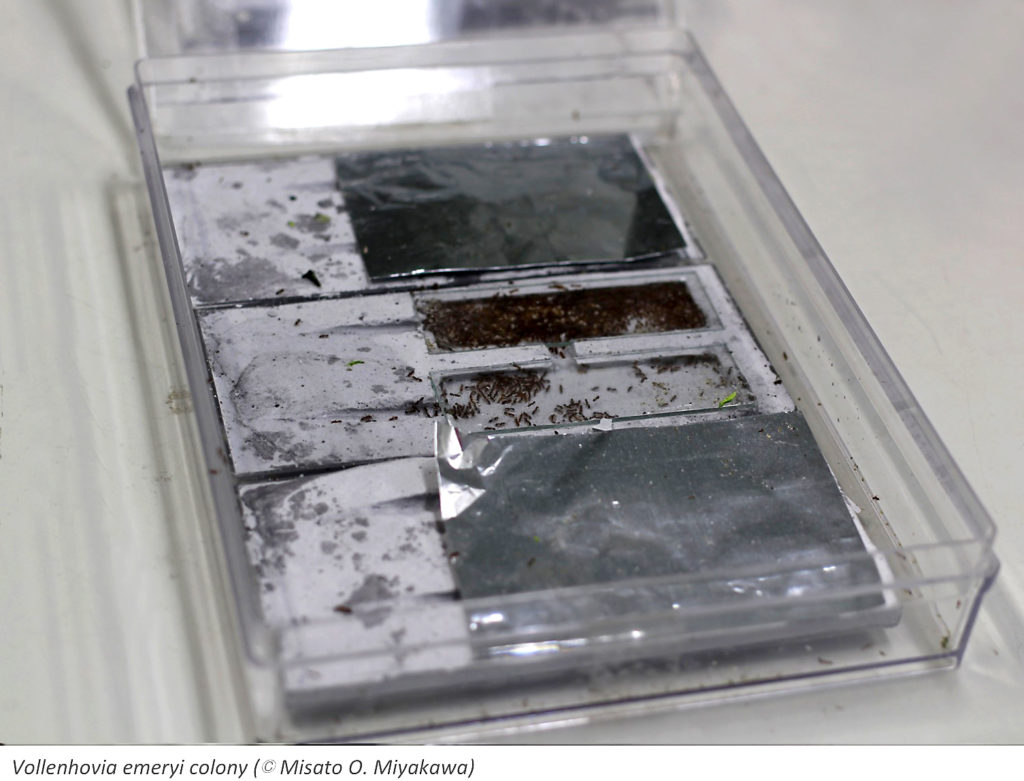
MNB: Have you been involved in any of the -omics approaches, and what was your experience?
MOM: I have used genomics and transcriptomics to study the caste and sex determination in ants. I learned methods of sequence library preparation and basics of bioinformatics.
MNB: Did you acquire your statistics knowledge in university courses, from your supervisor, or on your own?
MOM: In undergraduate courses and on my own.
MNB: What is the ideal frequency of meeting your supervisor for discussing your research from your point of view: daily, weekly, monthly?
MOM: Weekly.
MNB: If you have a great idea, how do you find out if it’s really great: sitting down and thinking, discussing with your supervisor, discussing with colleagues from the group, discussing with someone not into science?
MOM: I discuss new ideas with someone in the lab, google similar ideas, and talk with my husband at home, who is also a biologist.
MNB: How many papers do you read in an average week?
MOM: At least one paper a day. I check papers recommended by ResearchGate, Mendeley, and web news.
MNB: In an ideal world, is the working group you belong to small or large?
MOM: A large group would be better for me to get a variety of research ideas.
MNB: And ideally, is your uni close to your field-work site or in an urban area?
MOM: My most ideal situation is to do sampling in my garden.

MNB: Have you profited more by attending conferences with narrower or with broader scope?
MOM: I prefer conferences with broader scope and enjoy talking to researchers from other fields to get new ideas. I like to talk to people who research model organisms because they are familiar with the latest techniques for molecular experiments.
MNB: What is most relevant to you at a conference: attending talks, giving a talk, meeting senior scientists, meeting other students?
MOM: Meeting other researchers.
MNB: Did you ever participate in a science slam and if so, what was your experience?
MOM: No, but I would like to participate in one someday.
MNB: Do you explain the work of your PostDoc project to your kids?
MOM: I will. For now, my child is still only 1 year old.
MNB: Do you ever take your child with you when you’re working, for example in the field?
MOM: My child is now in an on-site nursery school in the same area of the university I work. If he likes it, I will try to take him to field work in the future.
MNB: Do you think you are slower in your PostDoc project because you have a child or are you, on the contrary, possibly even faster because you know especially well you have to be efficient in using your time?
MOM: I think it has not changed. My working time is shorter than before, but I gained the ability to focus.
MNB: What do you think are the advantages of first having kids and then starting a PhD / PostDoc project?
MOM: She or he will have good time management. This skill will be useful in the future (i.e., lab management, writing a paper in spare time).
MNB: If you got 100,000 Dollars to spend for your research project, what would you do with it?
MOM: Spend it on sequence data. I would like to get whole genomic sequence reads of several wasp species to expand my research. I would also hire a laboratory technician.
MNB: What helps you best in your spare time to relax from work?
MOM: Playing with my kid, playing the piano, spending time in a café, and dating my husband.
MNB: How do you celebrate successes like getting a paper accepted, a proposal granted, or the like?
MOM: I take a bath with very expensive bath additives.
MNB: What is your personal trick to get over periods of low(er) motivation?
MOM: I work out. Three days fasting diet is also effective to recharge motivation.
MNB: What do you do to get over frustration about what you consider as unfair criticism by a reviewer?
MOM: I discuss it with other lab members.
MNB: What is the one thing you would do differently when starting your PhD thesis again?
MOM: If I had gotten high-throughput sequencing datasets of my objective ant species when I was a PhD student, I could have saved time for experiments and could have done a lot more work.
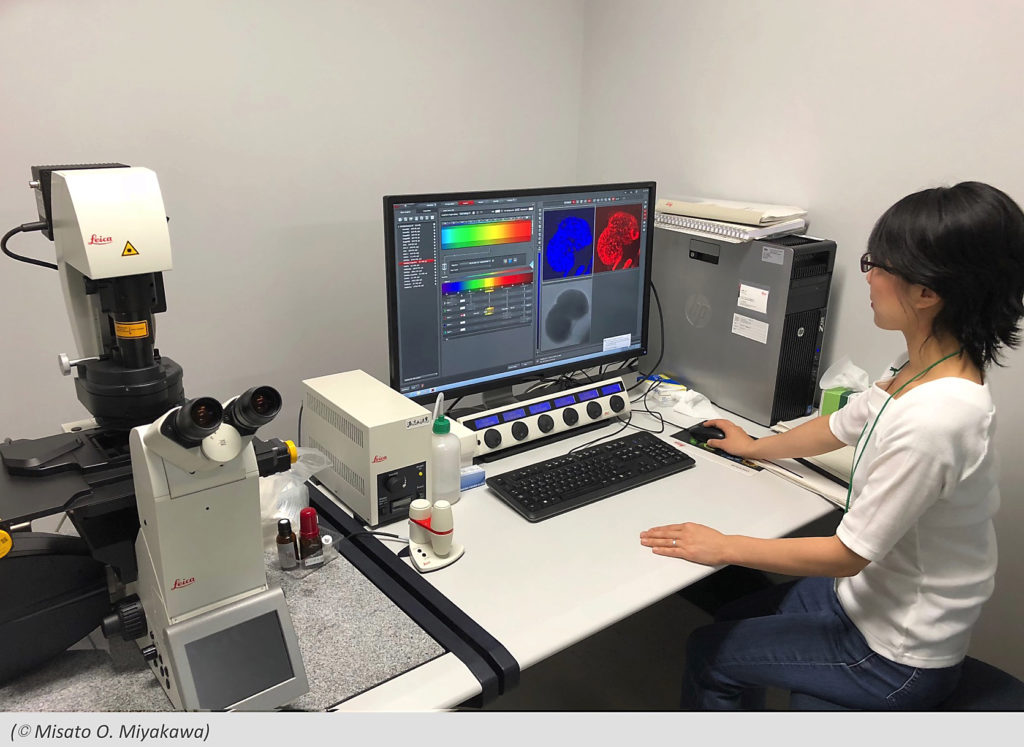
MNB: Would you like to stay in science?
MOM: Yes.
MNB: If you will be supervising PhD students yourself, what will be the most important thing you will expect from your students?
MOM: Discussing.
MNB: … and what will be the most important thing you will want to take care of in supervising?
MOM: I want my students to keep mind-healthy. It is a basis of good performance.
MNB: Original article or review article?
MOM: No preference.
MNB: Reading or writing?
MOM: Writing.
MNB: Writing or reviewing?
MOM: Writing.
MNB: Reviewing or considering criticism by someone else?
MOM: Reviewing.
MNB: The first or last 5% of time you spend with writing a manuscript?
MOM: Revising the text and writing an attractive cover letter.
MNB: Table or figure?
MOM: I prefer figures. It is easy for me to understand the results.
MNB: Web of Science or Google Scholar?
MOM: Google Scholar.
MNB: Journals financed by the author (open access) or the reader (subscription)?
MOM: Open access. It has higher chance to be read by people.
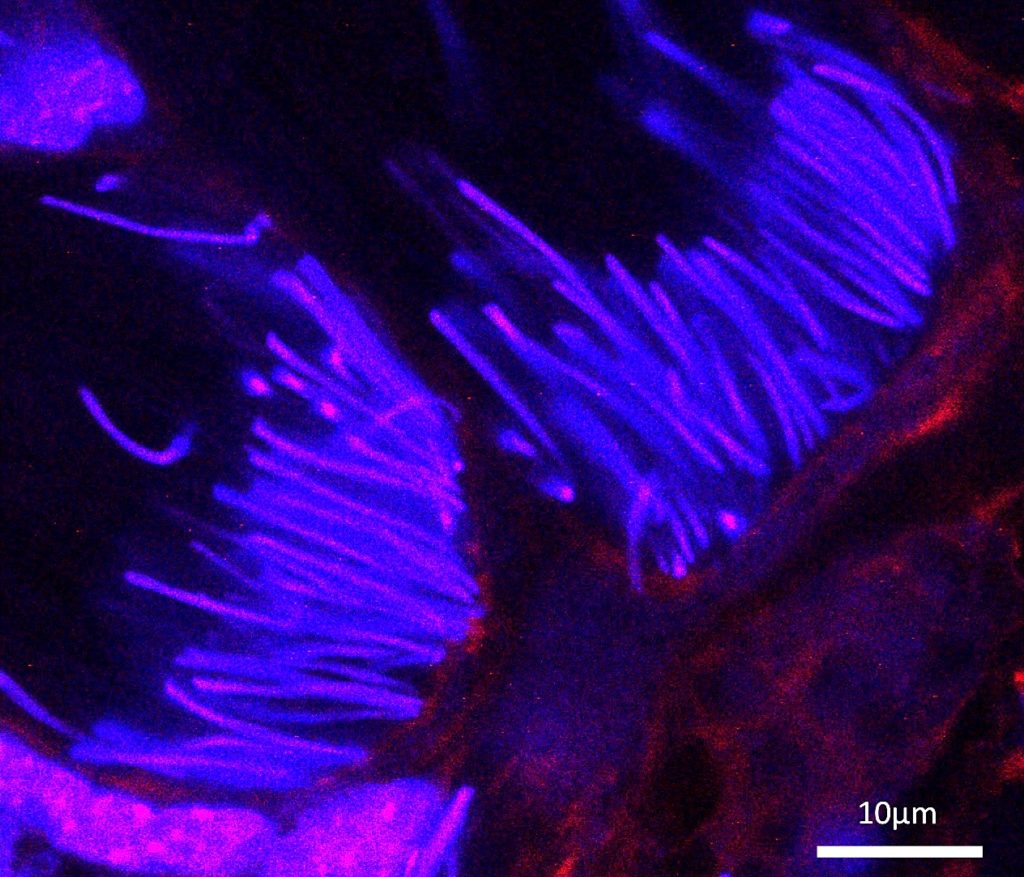
Confocal laser scanning microscopy picture of ant sperms in testis (© Misato O. Miyakawa)
MNB: Mouse or touchpad?
MOM: Mouse.
MNB: Facebook or Twitter?
MOM: Facebook.
MNB: Bus or bike?
MOM: No preference.
MNB: Breakfast or dinner?
MOM: Dinner.
MNB: Sun or rain?
MOM: Sun.
MNB: Diploid or haploid?
MOM: I need both. Diploid male ants are necessary for my research (https://doi.org/10.1016/j.ibmb.2018.01.006).
MNB: Sting or acid?
MOM: No preference.
MNB: Social parasite or host?
MOM: Parasite. Their life history is greatly interesting.
MNB: Your favourite ant paper?
MOM: Many! But I especially like
“Single-queen introductions characterize regional and local invasions by the facultatively clonal little fire ant Wasmannia auropunctata” (Mikheyev et al. 2009).
In 2012, I went to the field (Hawaii) used in this paper to sample W. auropunctata, and I saw a huge area dominated by this species with my own eyes. I could not believe that all W. auropunctata in Hawaii (big island) are initiated by single-queen clone introductions.
MNB: Your favourite ant?
MOM: Weaver Ant (Oecophylla smaragdina). I love their nests.
MNB: … and if in another life you were an ant, what ant would that be?
MOM: I never want to be an ant. Life of both queens and workers seems hard. And the life span of an ant male is too short.
References
Mikheyev, A.S., Bresson, S. & Conant, P. 2009: Single-queen introductions characterize regional and local invasions by the facultatively clonal little fire ant Wasmannia auropunctata. – Molecular Ecology 18: 2937-2944.


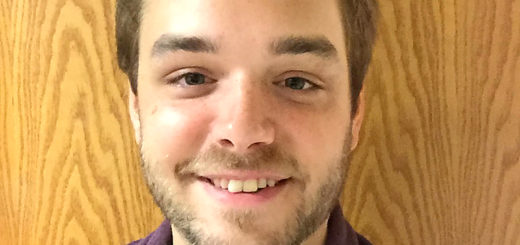
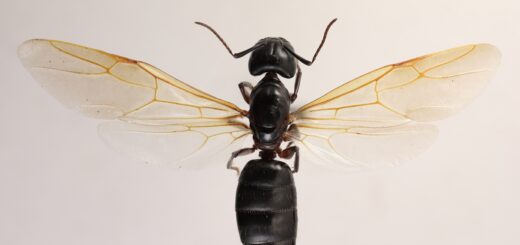
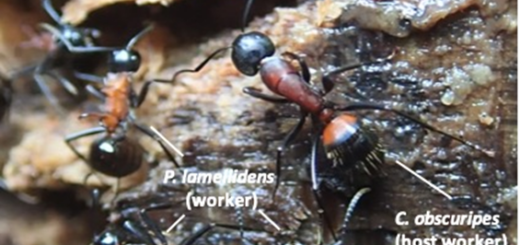
Recent Comments